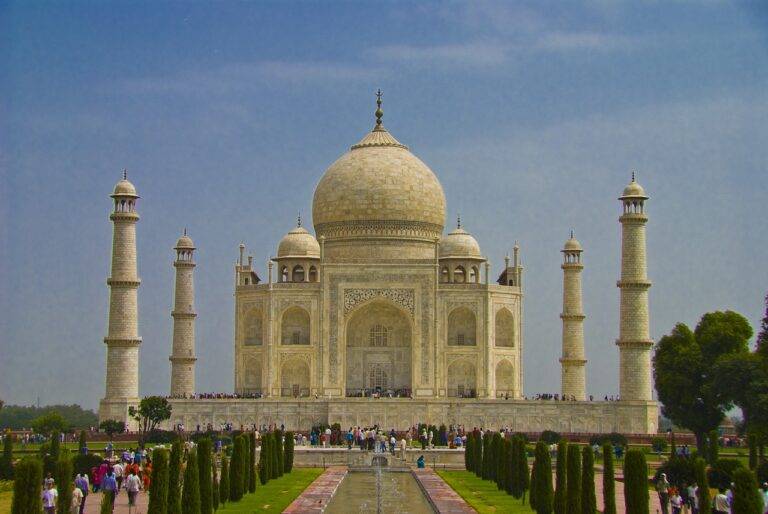Analyzing the role of political debates in influencing undecided voters
Political debates have a long history dating back to ancient Greece, where prominent figures engaged in discourse to persuade their audience. These debates were held in public forums and played a crucial role in shaping political decisions of the time. Over the centuries, the format and structure of political debates evolved, reflecting changes in society and communication methods.
Throughout history, political debates have provided a platform for candidates to present their ideas, address concerns, and engage in intellectual discussions with their opponents. These debates have served as a vital tool for candidates to showcase their leadership qualities, knowledge of important issues, and ability to think on their feet. In modern times, political debates are televised events that reach a wide audience, allowing voters to evaluate candidates’ positions and make informed decisions.
The Format of Political Debates
Political debates typically follow a structured format to ensure a fair and organized discussion between candidates. The debate is usually moderated by a neutral individual who enforces time limits and ensures that each candidate has an opportunity to speak. Candidates are often given the chance to make opening statements, followed by rounds of questions from the moderator or audience members.
Moreover, candidates may also have the chance to directly question or challenge each other on their policies and beliefs. This back-and-forth exchange allows viewers to compare the candidates’ stances on various issues and evaluate their ability to think on their feet. Ultimately, the format of political debates aims to provide voters with a clear understanding of where each candidate stands on important topics.
What is the history of political debates?
Political debates have been a part of democratic societies for centuries, with early examples dating back to ancient Greece. The format and structure of debates have evolved over time to accommodate changes in technology and communication.
What is the typical format of a political debate?
The typical format of a political debate involves a moderator who poses questions to the candidates, allowing each candidate a set amount of time to respond. There may also be opportunities for candidates to ask each other questions or engage in rebuttals.
How are political debates different from other types of debates?
Political debates focus specifically on issues related to government, policy, and leadership. They often involve candidates seeking elected office or representing different political parties.
Are political debates always formal events?
While many political debates are formal events with structured rules and formats, there are also informal debates that take place in a variety of settings, such as town hall meetings or online forums.
How do political debates influence voters?
Political debates can influence voters by providing them with information about the candidates’ positions on key issues, their ability to think on their feet, and their overall demeanor and communication skills. Voters may use debates to help them make informed decisions at the polls.





